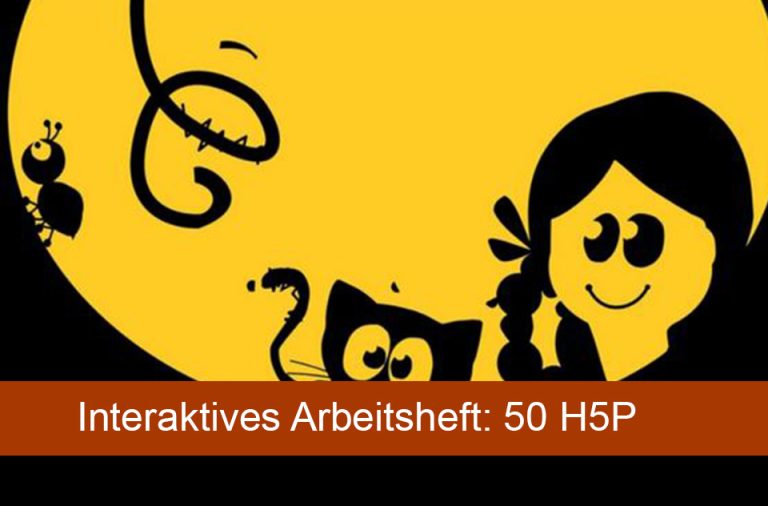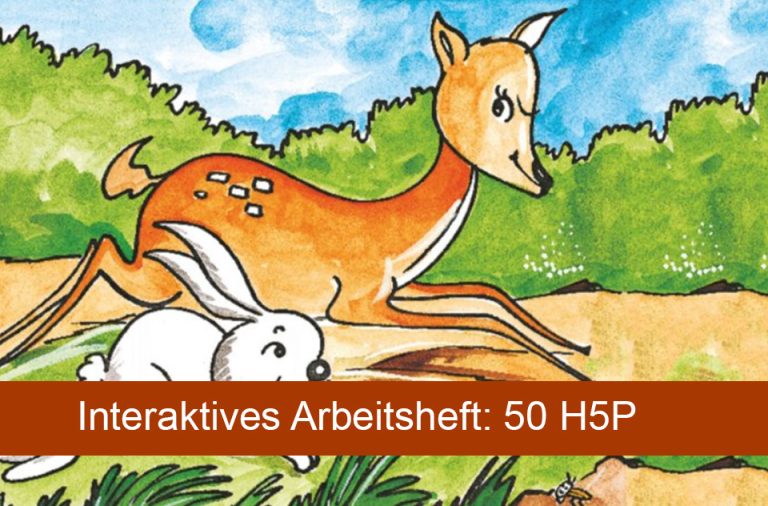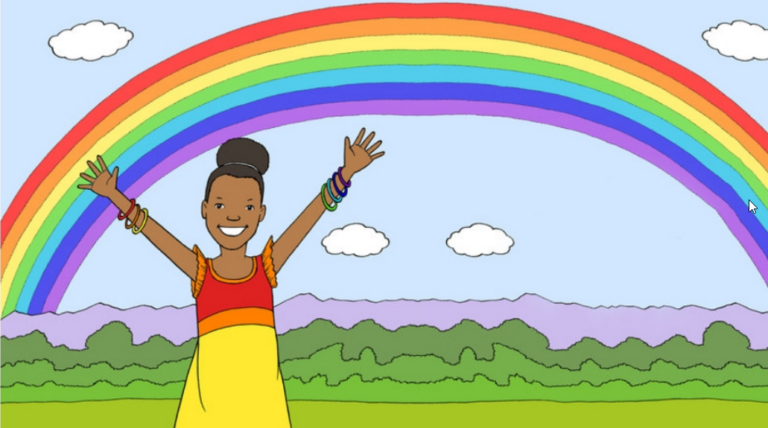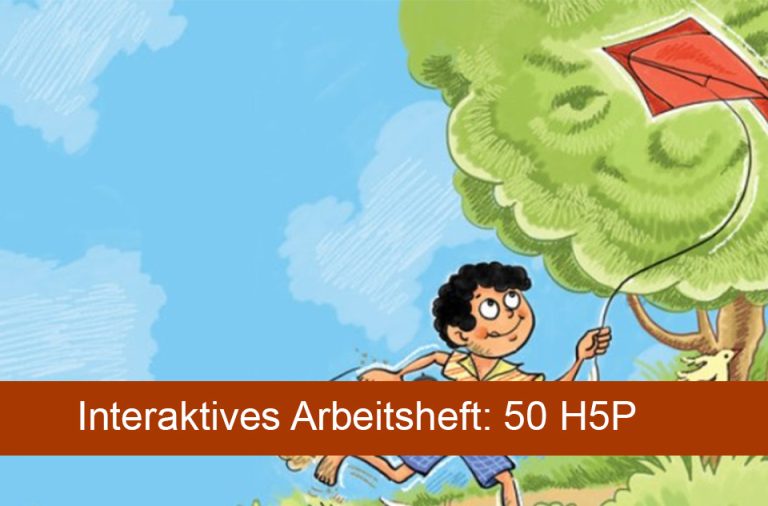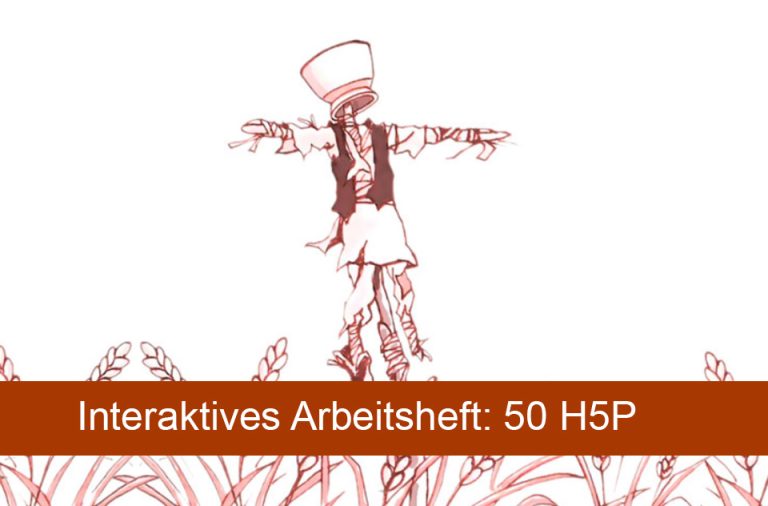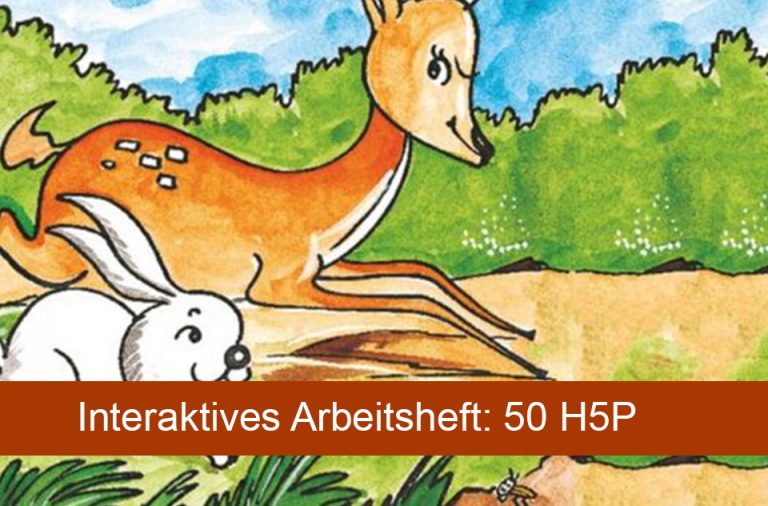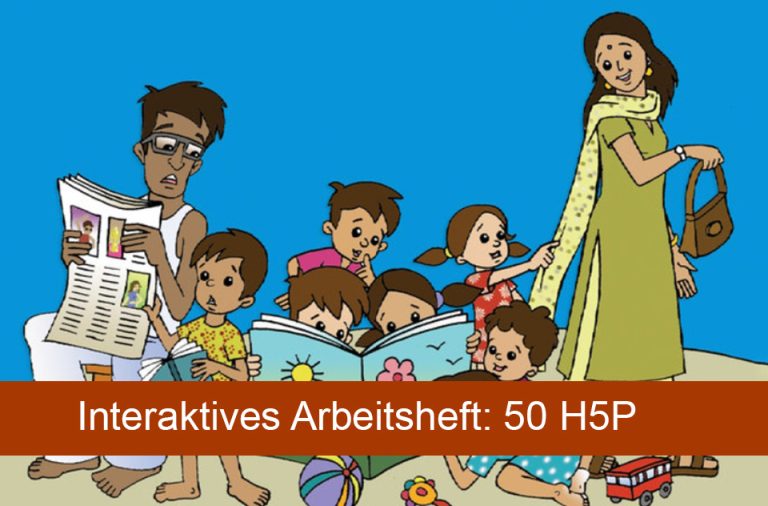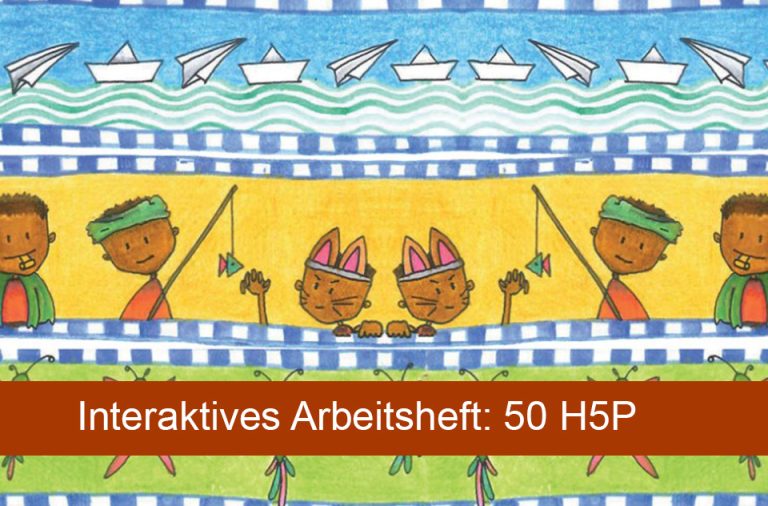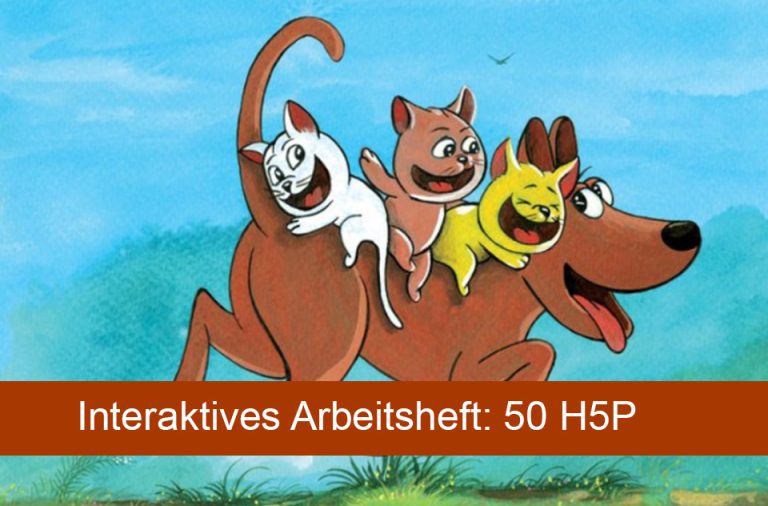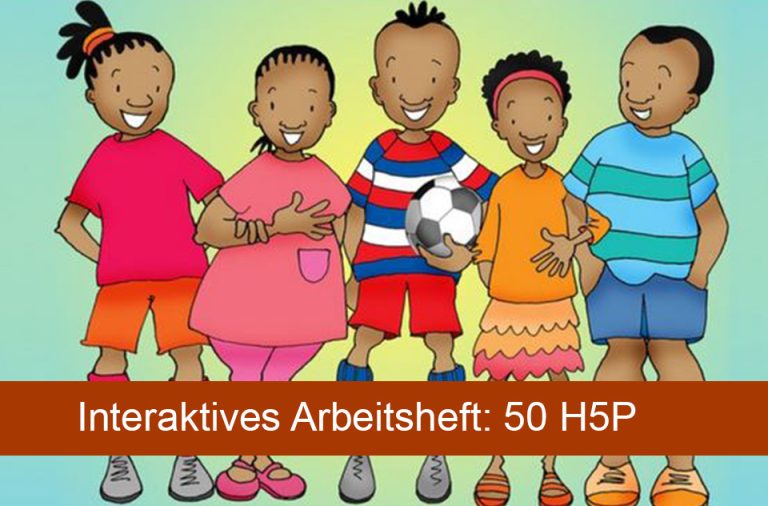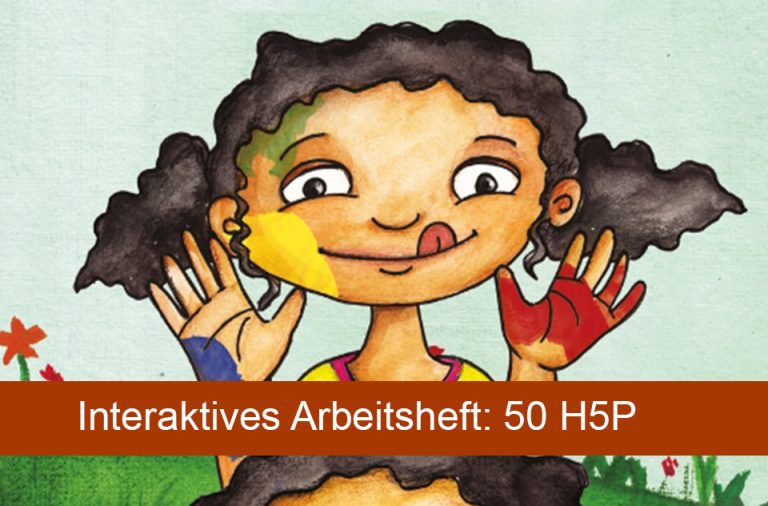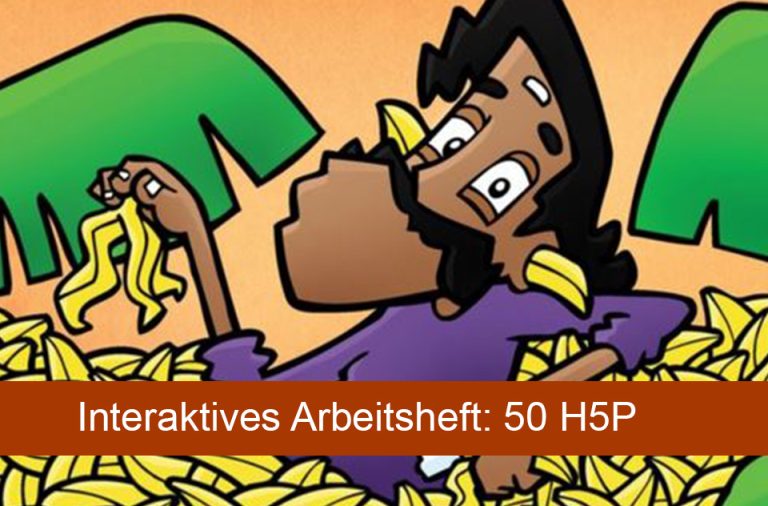Suche:
- # Artistry
- # Biology
- # Chemistry
- # Ecological
- # Economy
- # English
- # Foreign Language
- # Geography
- # German
- # Health
- # History
- # Informatik
- # Latin
- # Mathematics
- # Media Education
- # Music
- # Physics
- # Politics / Civics
- # Preschool
- # Primary School
- # Religion
- # Society
- # Sports
- # Technology
- # Training of Teachers
- # Vocational Education
Russisch 5/6, Vol. 1
In unserem Arbeitsheft Russisch 5/6, Vol. 1 - Bildergeschichten Russisch/Deutsch finden Sie 50 interaktive und didaktisch aufbereitete Aufgaben.
Learn moreFrench 5/6, Vol. 1
The medium offers H5P tasks that can be used without additional software. The medium contains texts and interactive tasks on the subject of picture stories.
Learn moreFrench 5/6, Vol. 2
The medium offers H5P tasks that can be used without additional software. The medium contains texts and interactive tasks on the subject of picture stories.
Learn moreEnglisch 5/6, Vol. 4
In unserem Arbeitsheft Englisch 5/6, Vol. 4 - Bildergeschichten Englisch/Deutsch finden Sie interaktive und didaktisch aufbereitete Aufgaben.
Learn moreFrench 5/6, Vol. 3
The medium offers H5P tasks that can be used without additional software. The medium contains texts and interactive tasks on the subject of picture stories.
Learn moreTürkisch 5/6, Vol. 1
In unserem Arbeitsheft Türkisch 5/6, Vol. 1 - Bildergeschichten (Level 1) - Türkisch/Deutsch/DaF-DaZ finden Sie 50 interaktive und didaktisch aufbereitete Aufgaben.
Learn morePortugiesisch 5/6, Vol. 1
The medium offers H5P tasks that can be used without additional software. The medium contains texts and interactive tasks on the subject of picture stories.
Learn moreEnglisch 5/6, Vol. 5
In unserem Arbeitsheft Arbeitsheft "Englisch 5/6, Vol. 5 - Bildergeschichten Englisch/Deutsch" finden Sie interaktive und didaktisch aufbereitete Aufgaben.
Learn moreRussisch 5/6, Vol. 2
In unserem Arbeitsheft Arbeitsheft Russisch 5/6, Vol. 2 - Bildergeschichten Russisch/Deutsch finden Sie 50 interaktive und didaktisch aufbereitete Aufgaben.
Learn morePortugiesisch 5/6, Vol. 3
In unserem Arbeitsheft Portugiesisch 5/6, Vol. 3 - Bildergeschichten Portugiesisch/Deutsch finden Sie 50 interaktive und didaktisch aufbereitete Aufgaben.
Learn morePortugiesisch 5/6, Vol. 2
The medium offers H5P tasks that can be used without additional software. The medium contains texts and interactive tasks on the subject of picture stories.
Learn moreEnglisch 6, Vol. 3
In unserem Arbeitsheft Englisch 6, Vol. 3 - Wortschatz und Lesetraining finden Sie 50 interaktive und didaktisch aufbereitete Aufgaben.
Learn more



